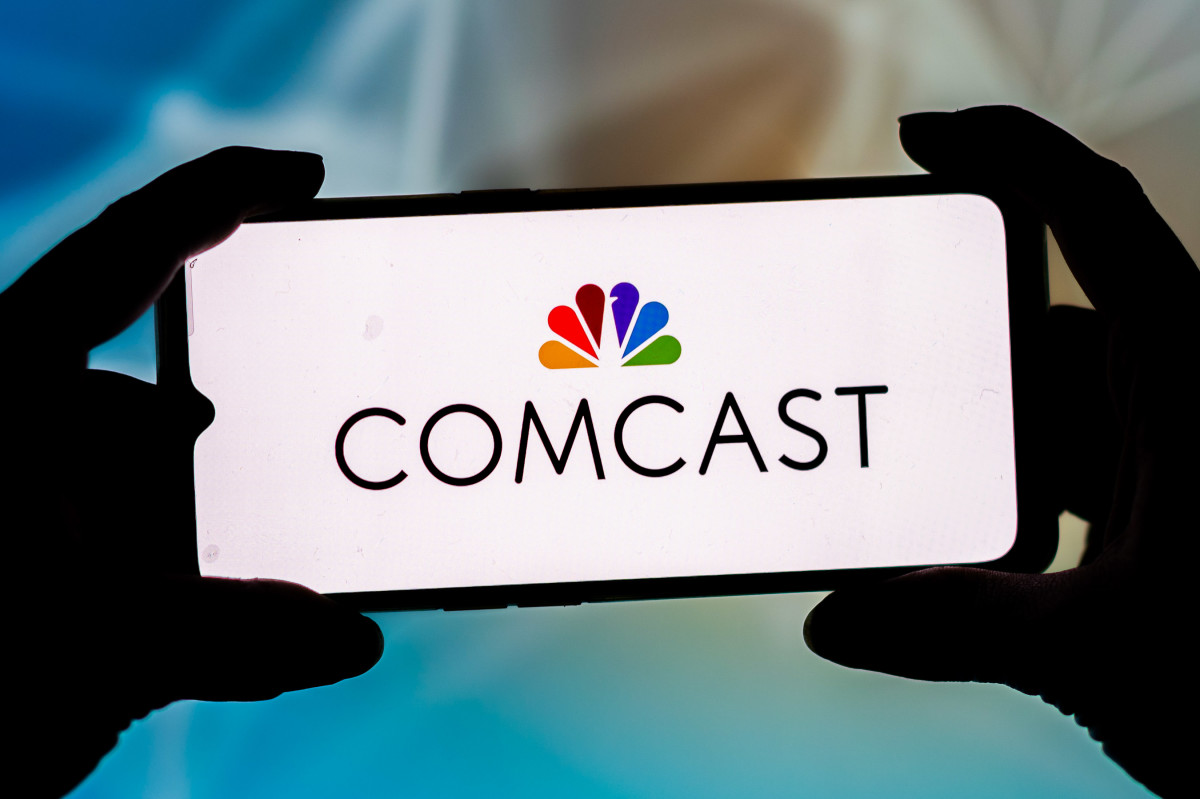
Since February of this year, Comcast (CMCSA) -) has branded its internet service as “Xfinity 10G Network.” Customers are told that they will be provided with a “next-generation network” that is “game-changing” and provides “powerful connection” that is “self-healing,” fixing issues before they occur.
But T-Mobile (TMUS) -) is questioning Comcast’s “10G” claims. In a challenge brought forward by T-Mobile to the National Advertising Division (NAD) of BBB National Programs in February, T-Mobile disputed Comcast’s name “Xfinity 10G Network” and the claim “10G.”
The NAD was founded in 1971 as an independent industry watchdog that looks to "build consumer trust in advertising and support fair competition in the marketplace."
10G internet is branded by Comcast as “ultra-fast” internet that could easily be confused as a major upgrade from 5G. But 5G stands for 5th generation, and it only relates to cellular network connection. 10G stands for 10 gigabits per second, and is only offered for home internet service. 5G is also faster than 10G as it offers 20Gbps of downloading speed and 10Gbps for uploads. 10G only offers 10Gbps for both.
Related: Comcast Launches Xfinitiy App
On Oct. 12, NAD announced its decision saying that it found that “Comcast’s description of its entire network as ‘10G’ conveys the message that all consumers on the network will receive a significant increase in speed up to 10 Gbps speeds. However, only one of Xfinity’s many plans (Gigabit Pro) can reach 10 Gbps, and to access that service tier requires the installation of fiber to the premises.”
NAD recommended that Comcast should either discontinue or clarify its “10G” claims by explaining to customers that improvements will be made in order to achieve “10G.”
In the same case brought over to the NAD, T-Mobile also challenged Comcast’s “next generation” claim and the claim that it created a technological revolution. It also argued against Comcast’s claims in its “What a Time to Be Alive” commercials of delivering uninterrupted home internet service during power outages.
In response, NAD concluded that Comcast “provided a reasonable basis” for its claim that its network is “next generation” and that it has achieved a technological revolution. But it recommended for Comcast to adjust its advertising that claims customers’ home internet connection will fully withstand power outages since Comcast did not provide reasonable proof to back up this claim.
Since the decision, Comcast is planning to file an appeal so it won’t have to rebrand its “10G” network, and T-Mobile is also appealing the NAD’s decision regarding Comcast's “next generation” and technological revolution claims.
Get investment guidance from trusted portfolio managers without the management fees. Sign up for Action Alerts PLUS now.







